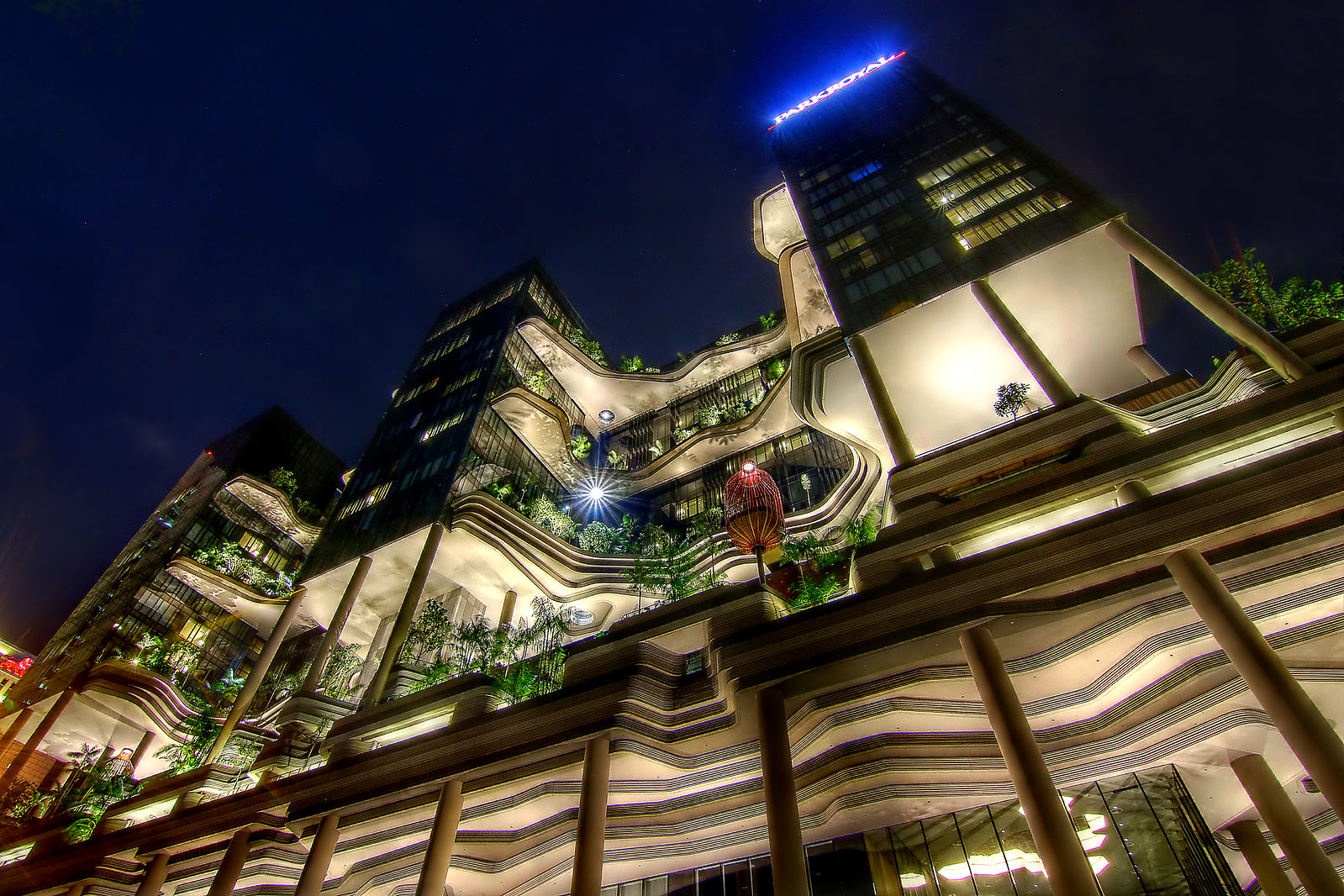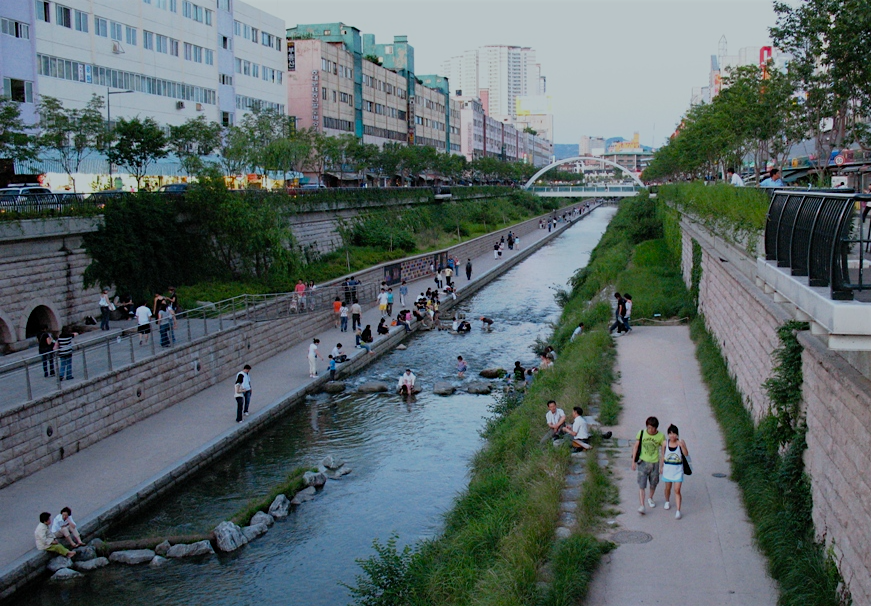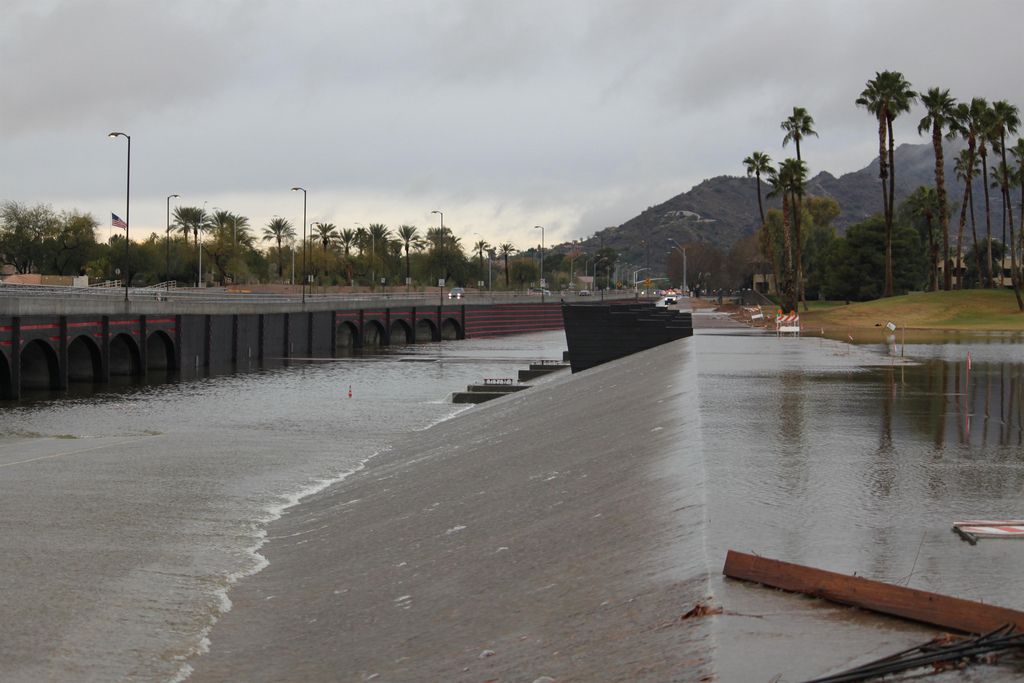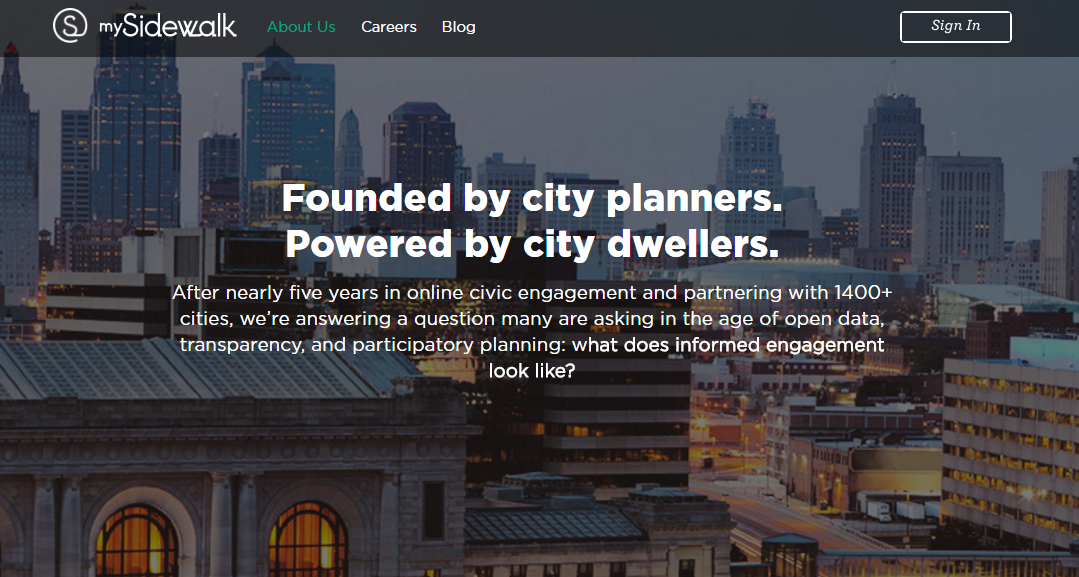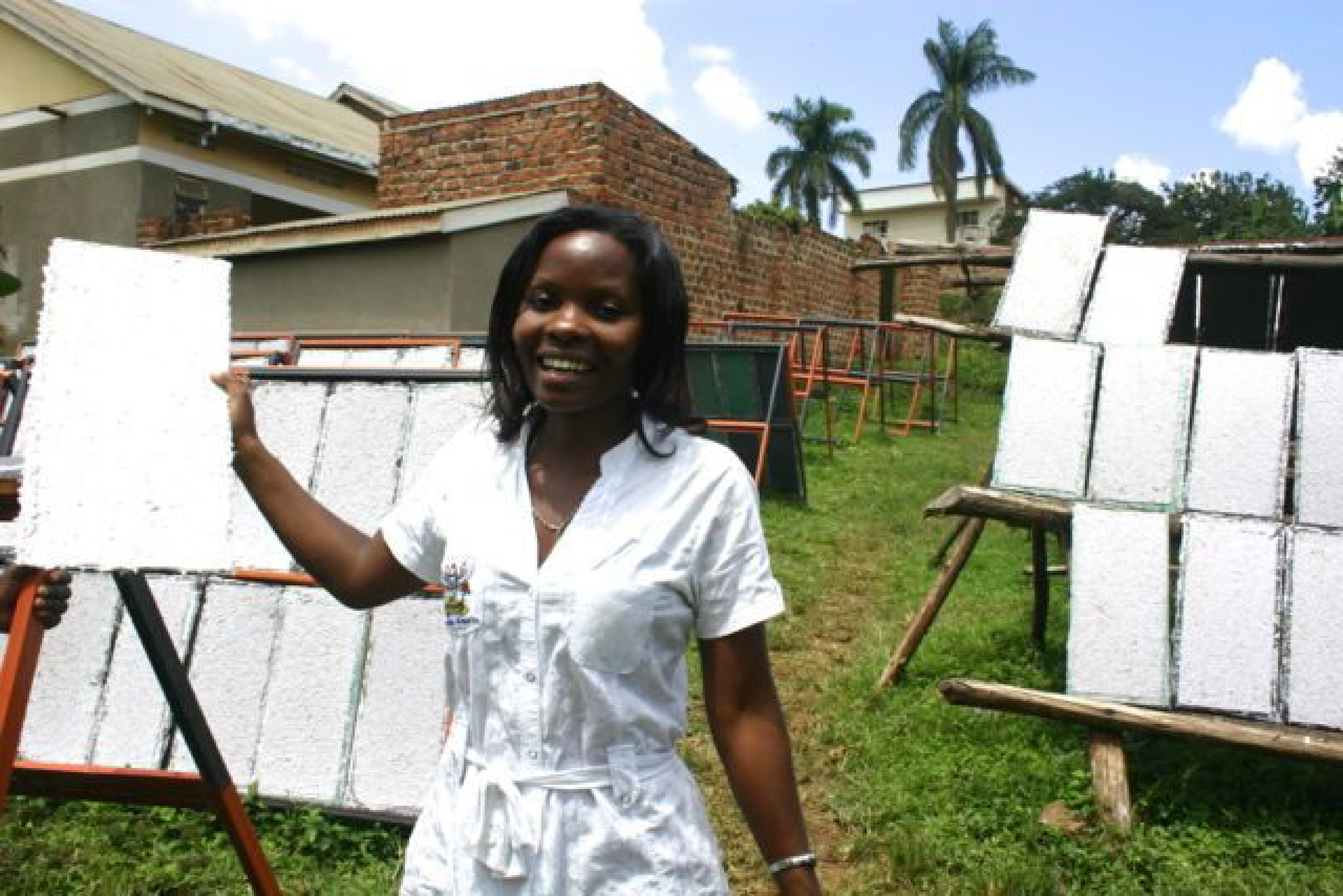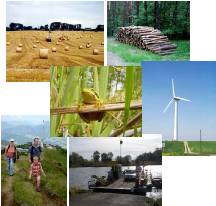WOHA Architects – Buildings for high density tropical Garden Cities
WOHA is Singaporean architectural firm that aims to re-invent skyscrapers for dense urban living. Some of their influential projects are The Met Apartments in Bangkok, and the Singapore School of the Arts, and the Parkroyal on Pickering hotel in Singapore. School of the Arts, Singapore designed by WAHO. Photo by wikipedia user Katmorro. WOHA was founded in 1994 by architects Wong Mun Summ and Richard Hassell. It has designed projects [...]
